Since the first steps of man, Native peoples have shared a spiritual connection with mother earth, a belief that sustains us, shapes our cultures and gives us faith.

On the northwest coast of Australia, Indigenous people still use ancient songs and stories to navigate through their country, laws and culture.
However, recent efforts to industrialize their resource rich territory is threatening to break their ‘song lines’.

Since the first steps of man, Native peoples have shared a spiritual connection with mother earth, a belief that sustains us, shapes our cultures and gives us faith.
My name is Simon Baker, and I’ve come to Perth, the center of the gas and mining boom in Western Australia. 2000 kilometers north of here lies a vast territory called the Kimberly, one of the last pristine environments on the planet. There, some of the world’s richest untapped natural gas reserves have made James Price Point the frontline in a fight to industrialize the Kimberley.
In the Kimberly, the traditional aboriginal owners know James Price Point as ‘Walmadan’, part of a sacred ‘song cycle’ that for thousands of years has sustained their knowledge, culture, geography and beliefs. But with billions in land use benefits attached to industrial development in the Kimberly, a majority of aboriginal communities accepted a federal financial compensation package. All except one.
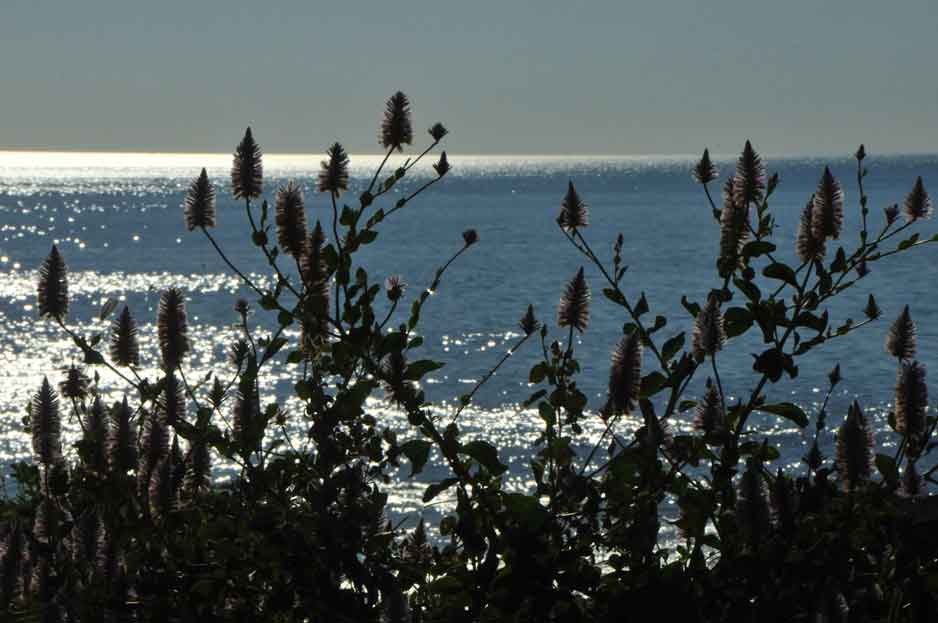
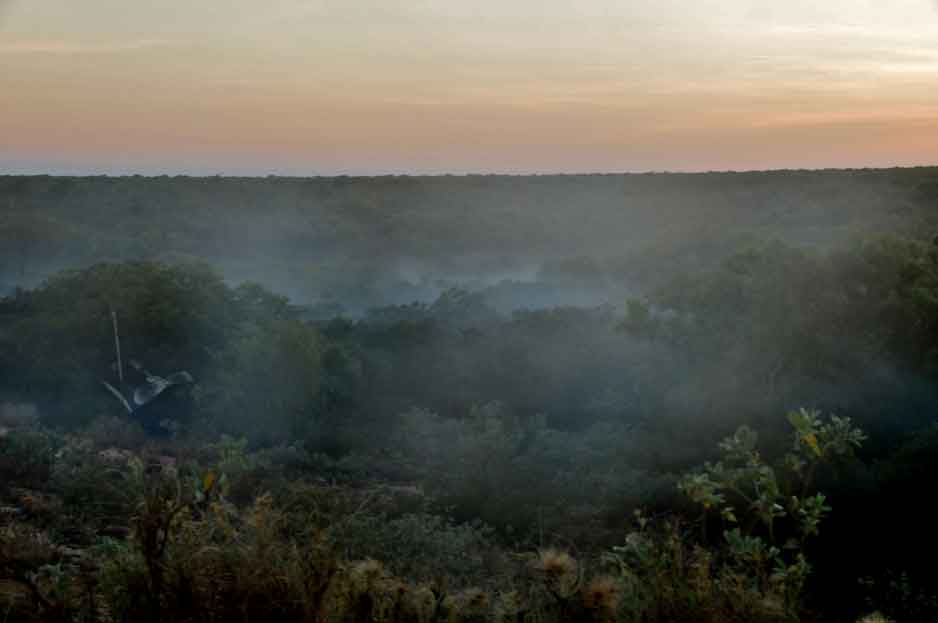
Traditional territory of the Goolarabooloo people.
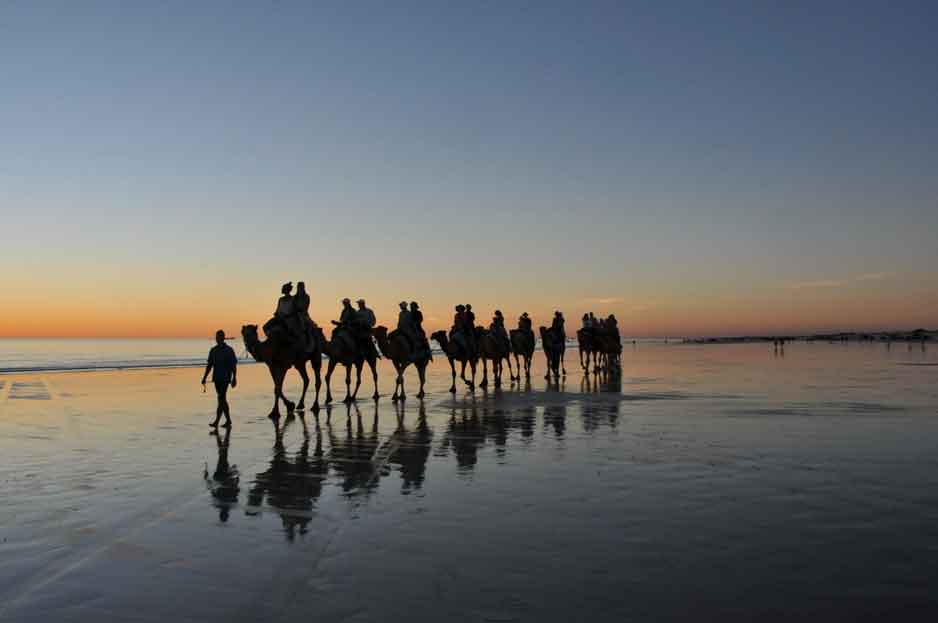
The Goolarabooloo people’s traditional territory and song line stretches east from the town of Broome in the Kimberly. Carbon dating places their land and civilization as some of the oldest on the planet and for countless generations the Goolarabooloo and their territory have been left relatively untouched. While neighboring Aboriginal communities opted to accept a federal land use compensation package, the Goolarabooloo are opposed to natural gas or other resource development on their territory.
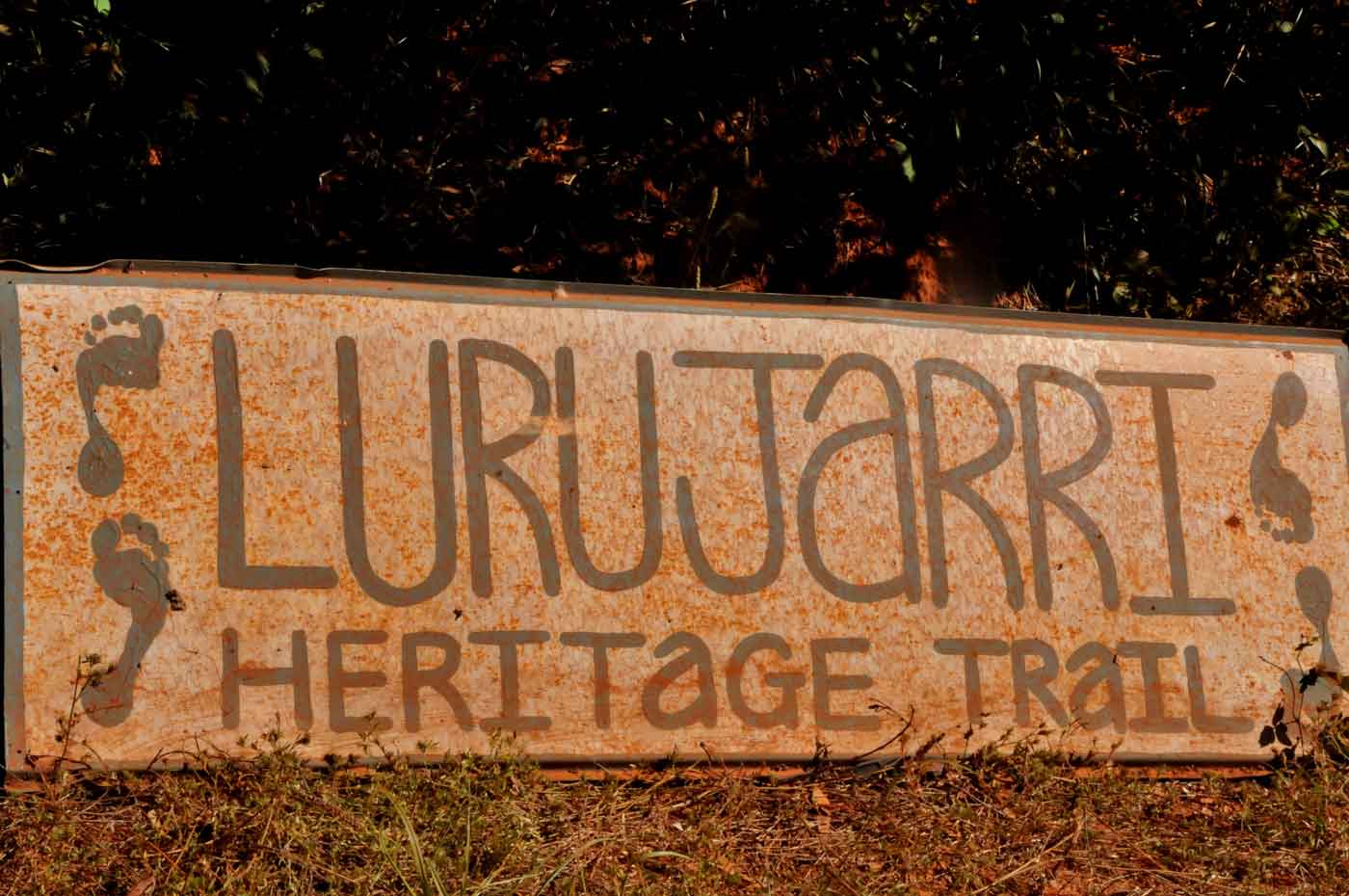
To understand why they’re opposed to industrial development, the Goolarabooloo have invited me to their community. They want me to participate in the Lurujarri Heritage Trail, an annual walk they organize through their country so non-Aboriginal Australians can learn about their values and the importance they place on their land, environment and culture. Before I leave Perth, I want to learn more about the historical relationship Australia has with its Aboriginal people.
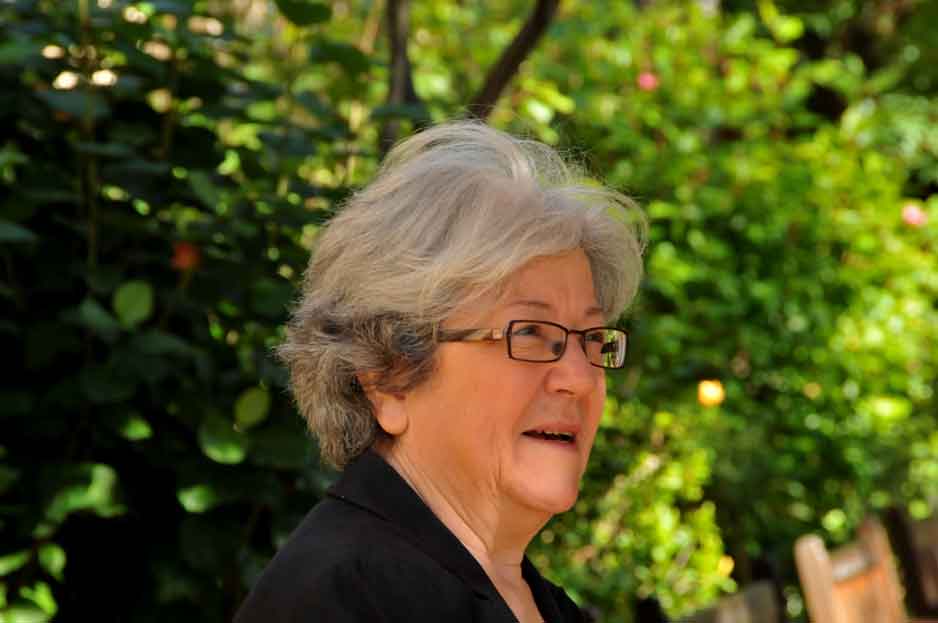
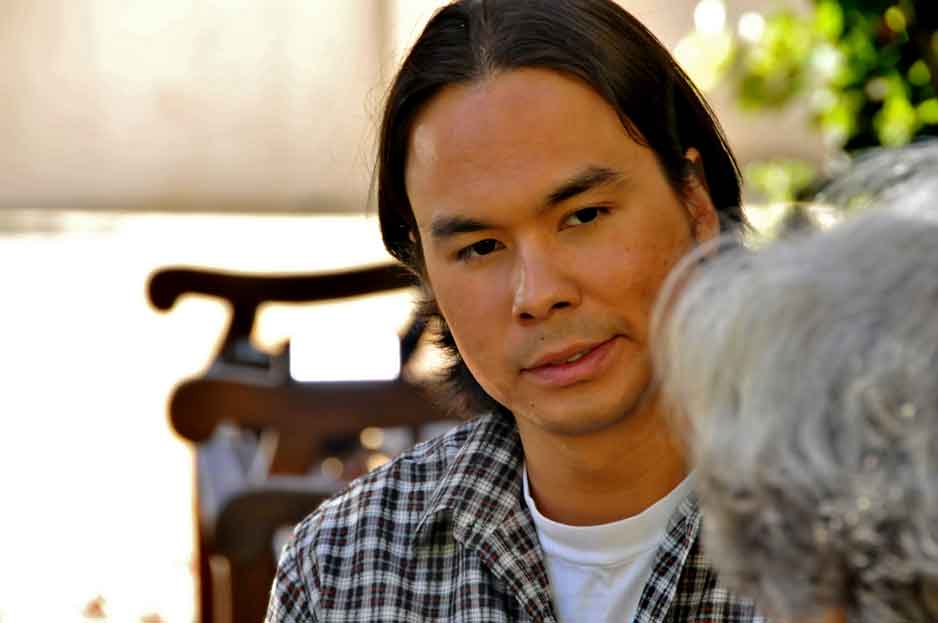
Carmen Lawrence, Former Premier of Western Australia.
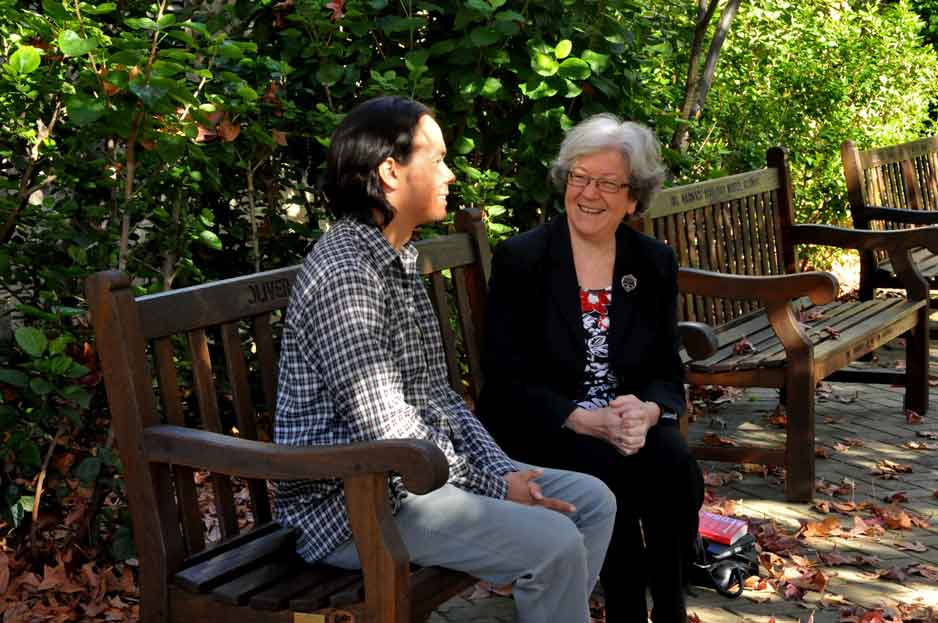
As the state capital, Perth is the seat of government for Western Australian. While Western Australia’s current government is actively promoting resource development in the Kimberly, the state’s former Premier, Carmen Lawrence, ran against large-scale industrialization. In the Kimberly and throughout Australia, this issue is pitting the interests of government and multinational corporations against those of Aboriginal land owners and environmentalists. I’ve come to meet Carmen Lawrence to talk about the Kimberly and the fractious relationship Australia has with its Aboriginal peoples.
The Kimberley is one of the last great wild places. Aboriginal people (have lived there) for over 40,000 years. But their impact on the environment has been light.
While Western Australia’s then current Premier Colin Barnett was not available to meet with us, his Minister of Education and Aboriginal Affairs, the Honorable Peter Collier, kindly consented to speak with me. I want to ask the Minister about his government’s position on industrial development of the Kimberly and its impact on the primarily Aboriginal people who live in this remote part of Australia.
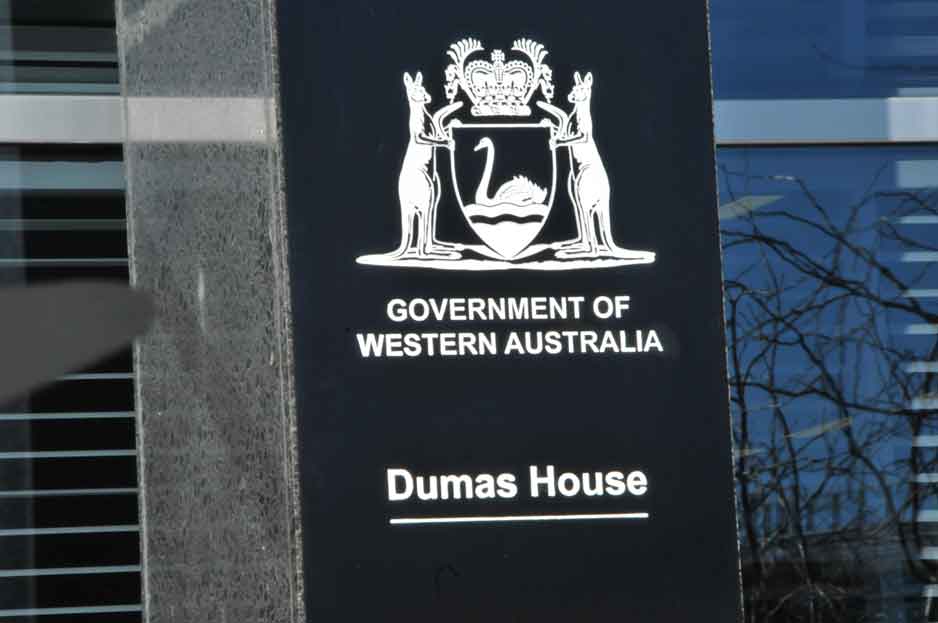
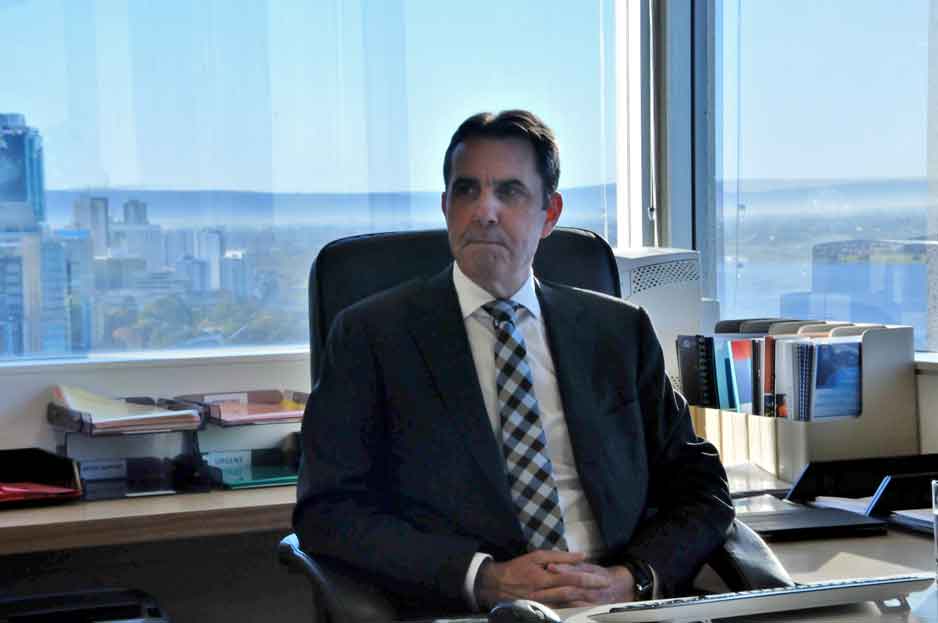
Peter Collier, Minister of Education and Aboriginal Affairs.
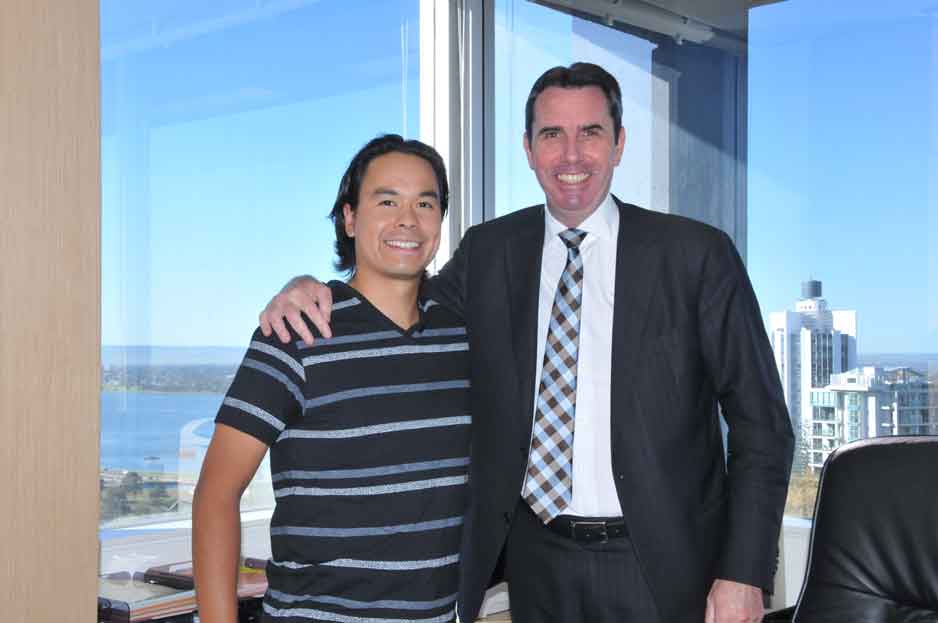
There is a deep-rooted desire on the part of aboriginal people to maintain
their culture, their heritage, and I think that’s only valid.